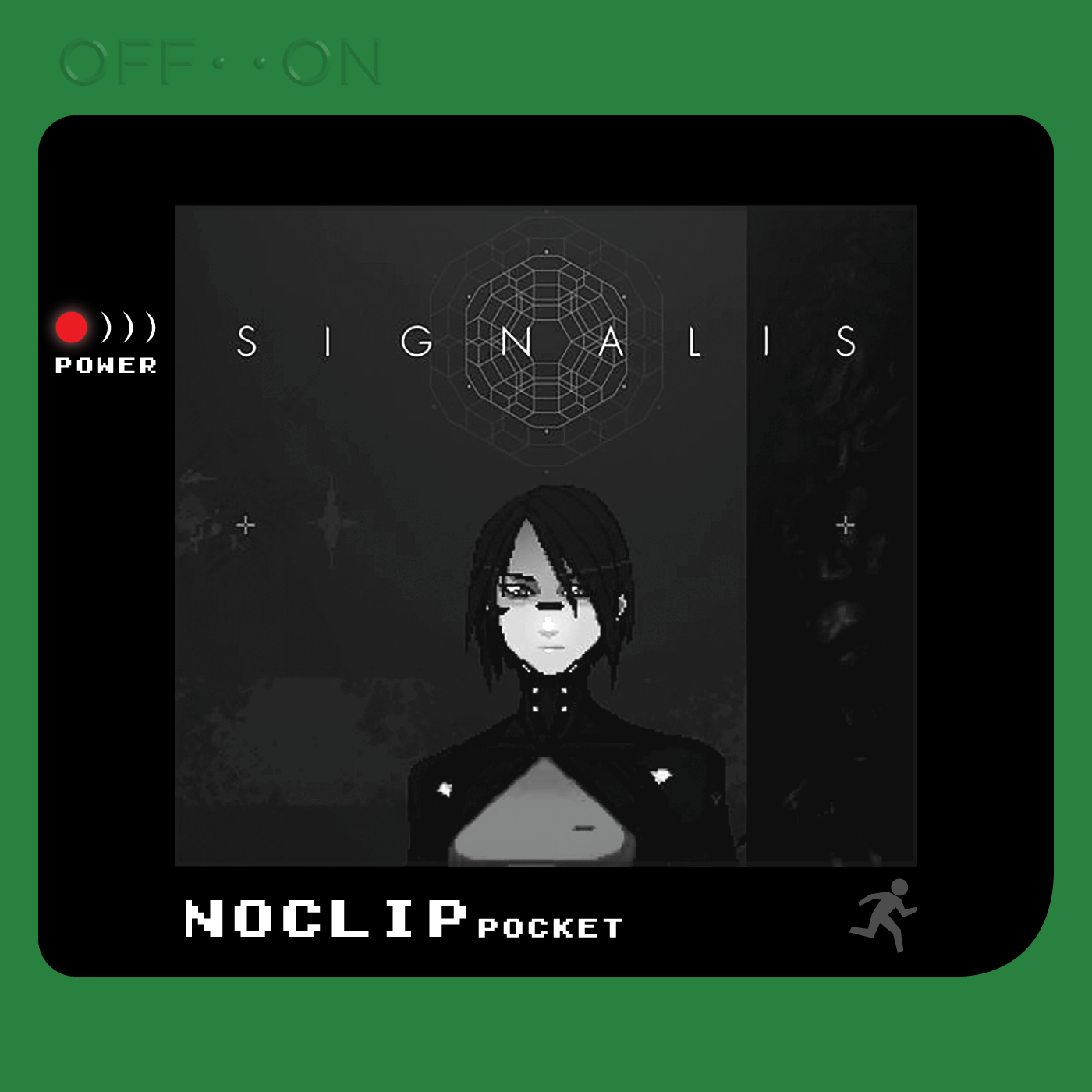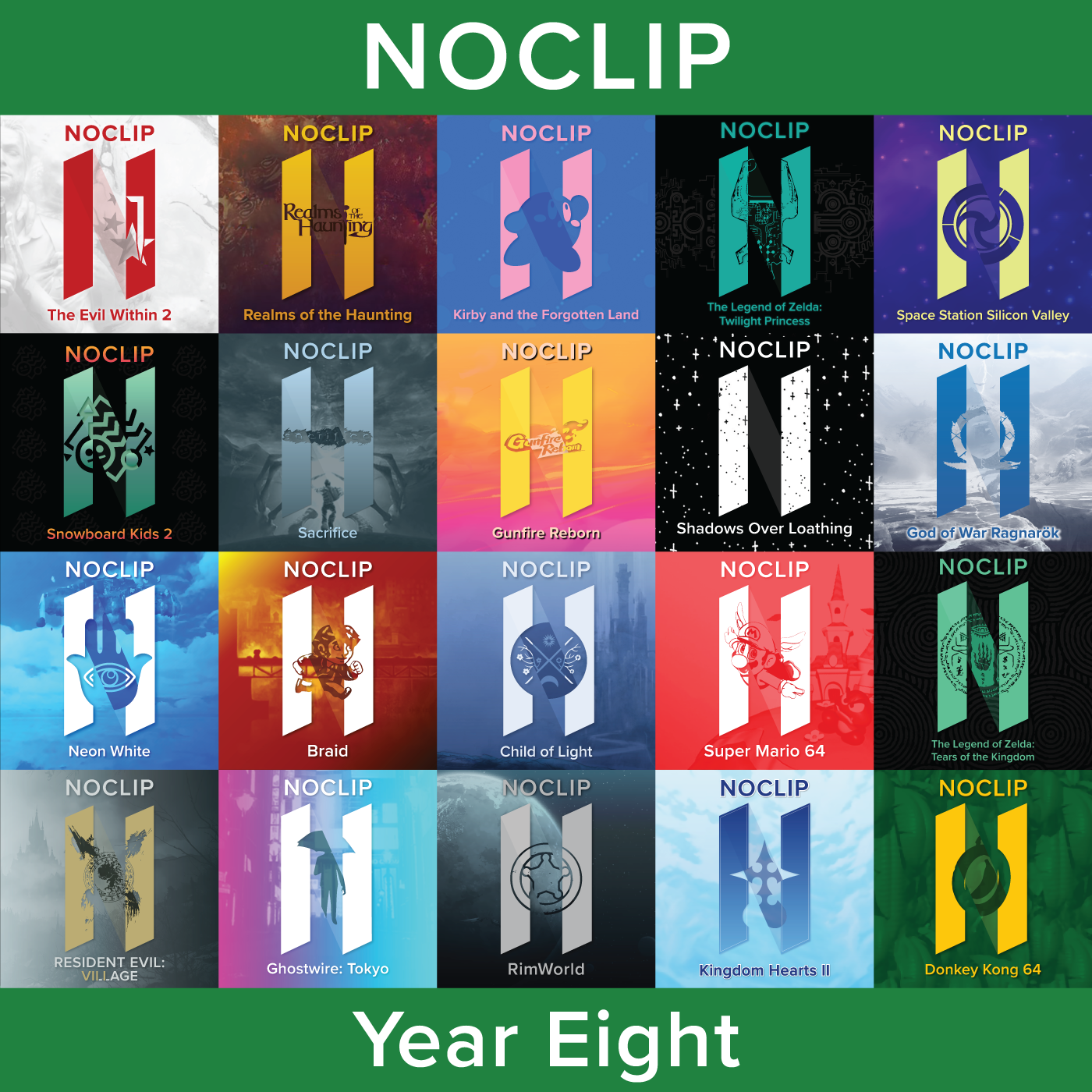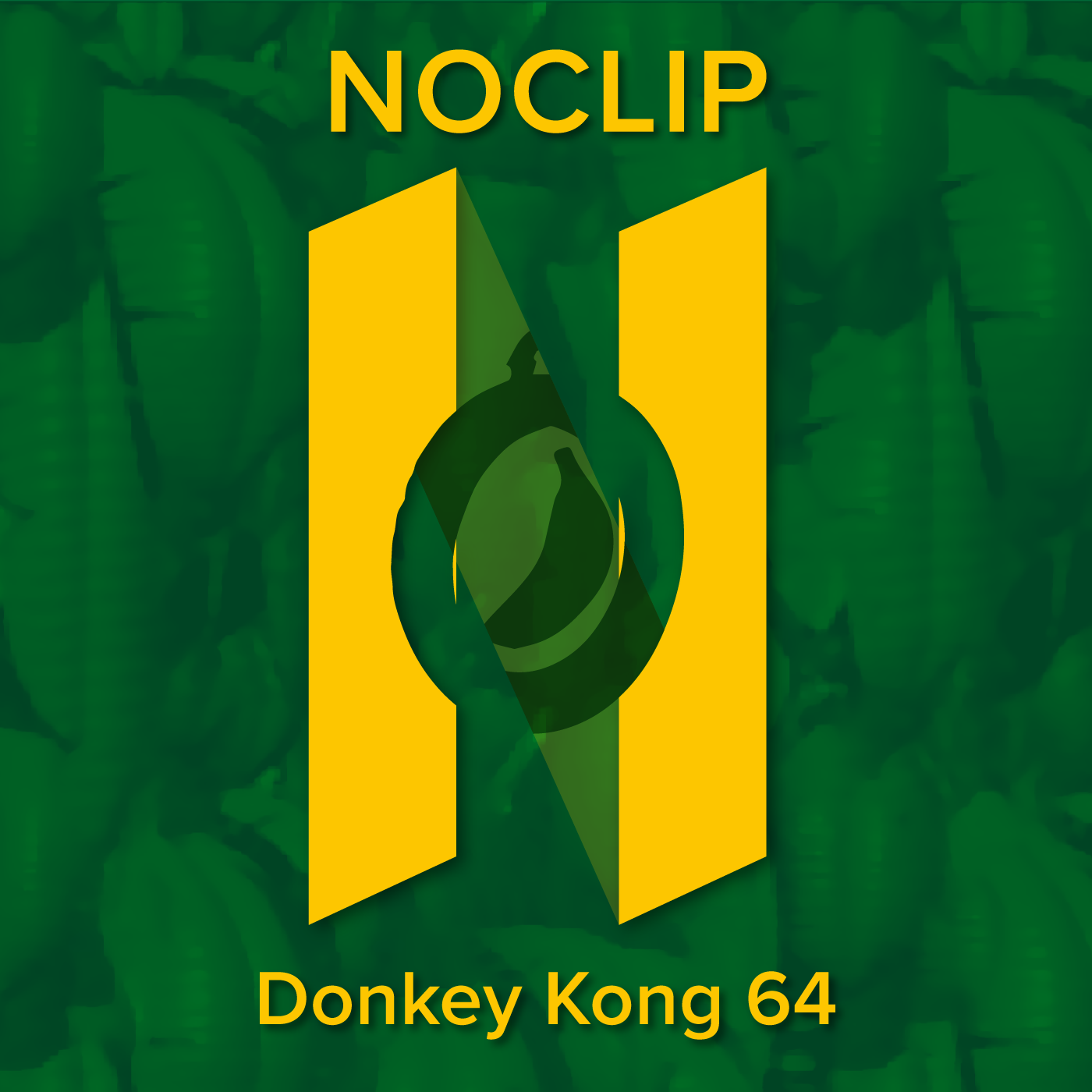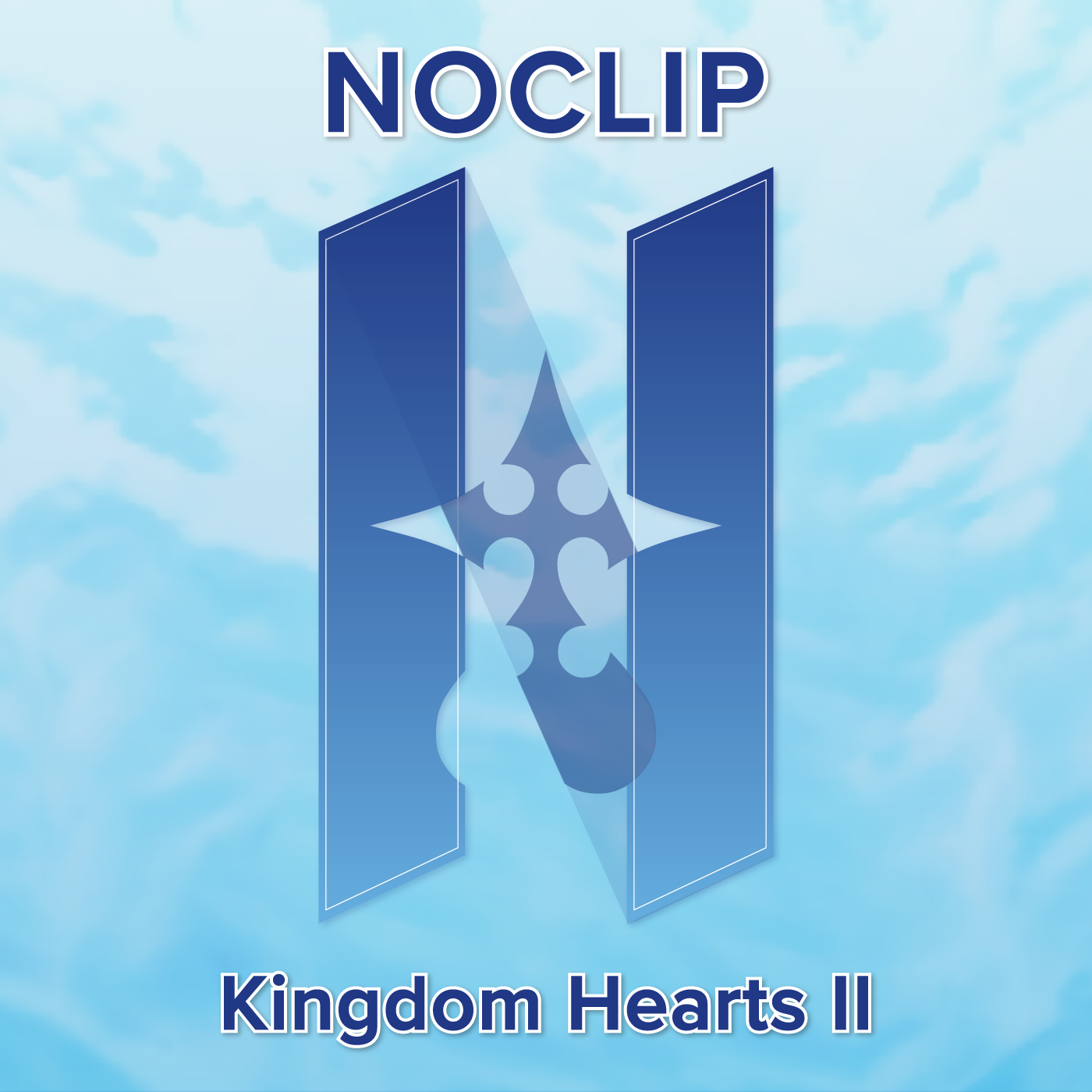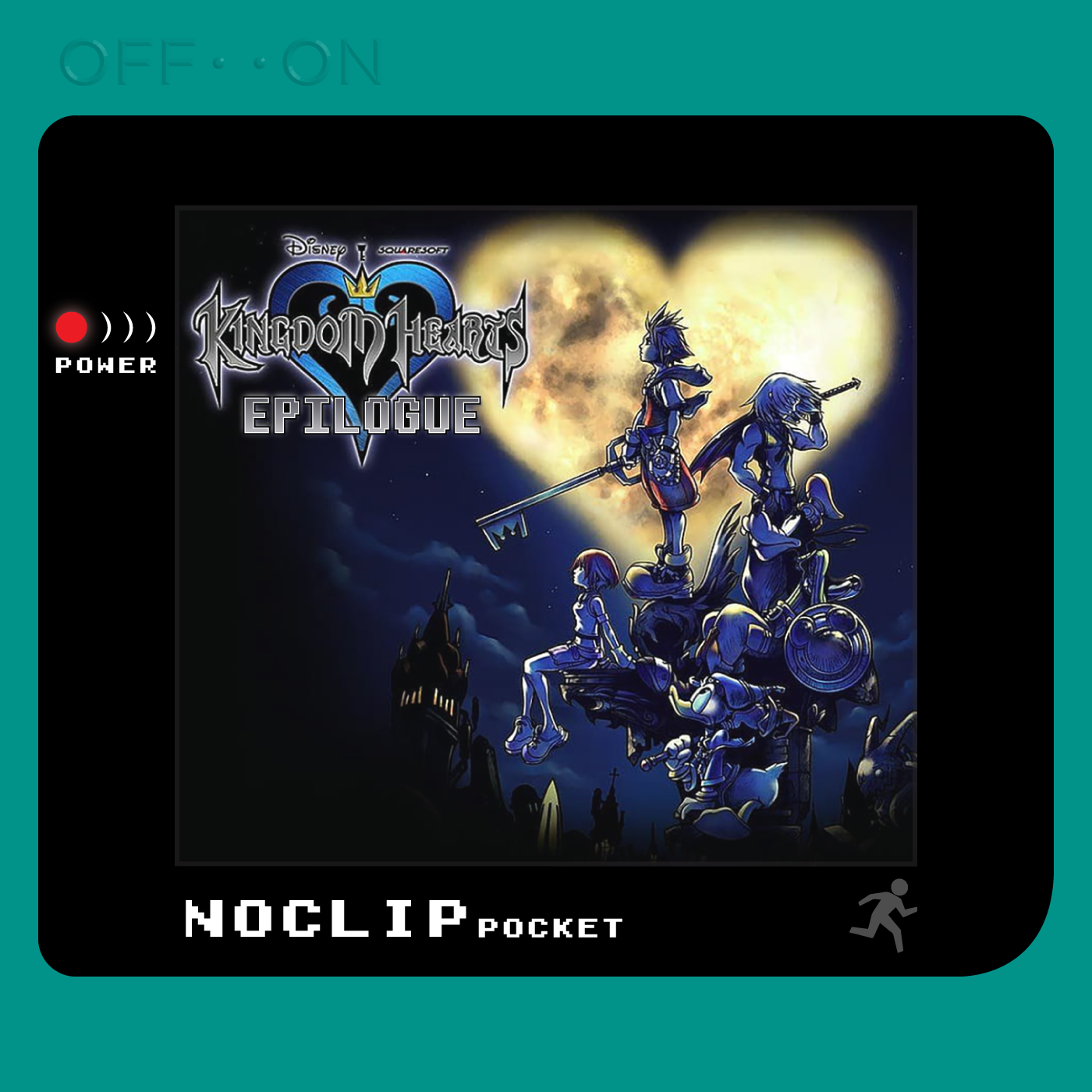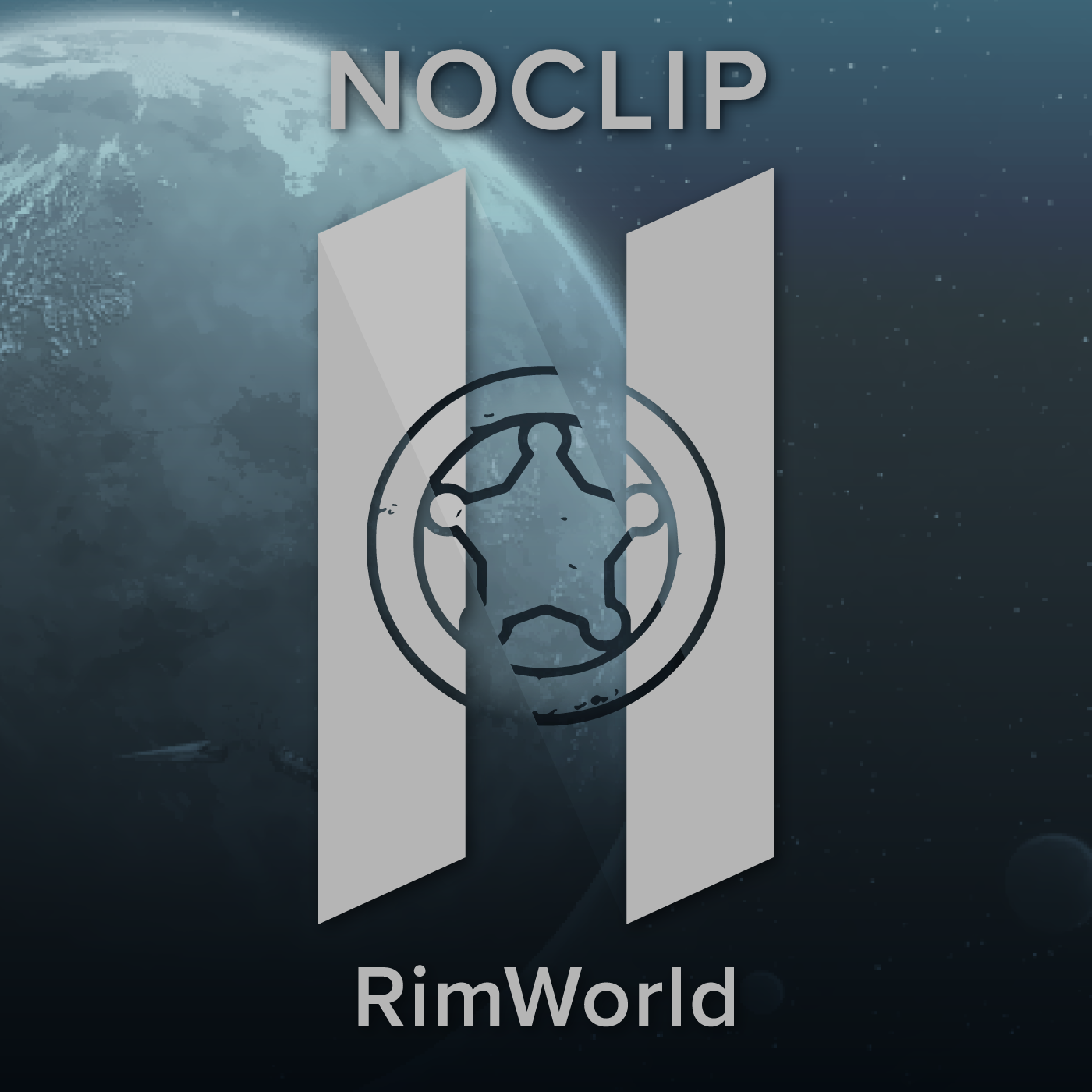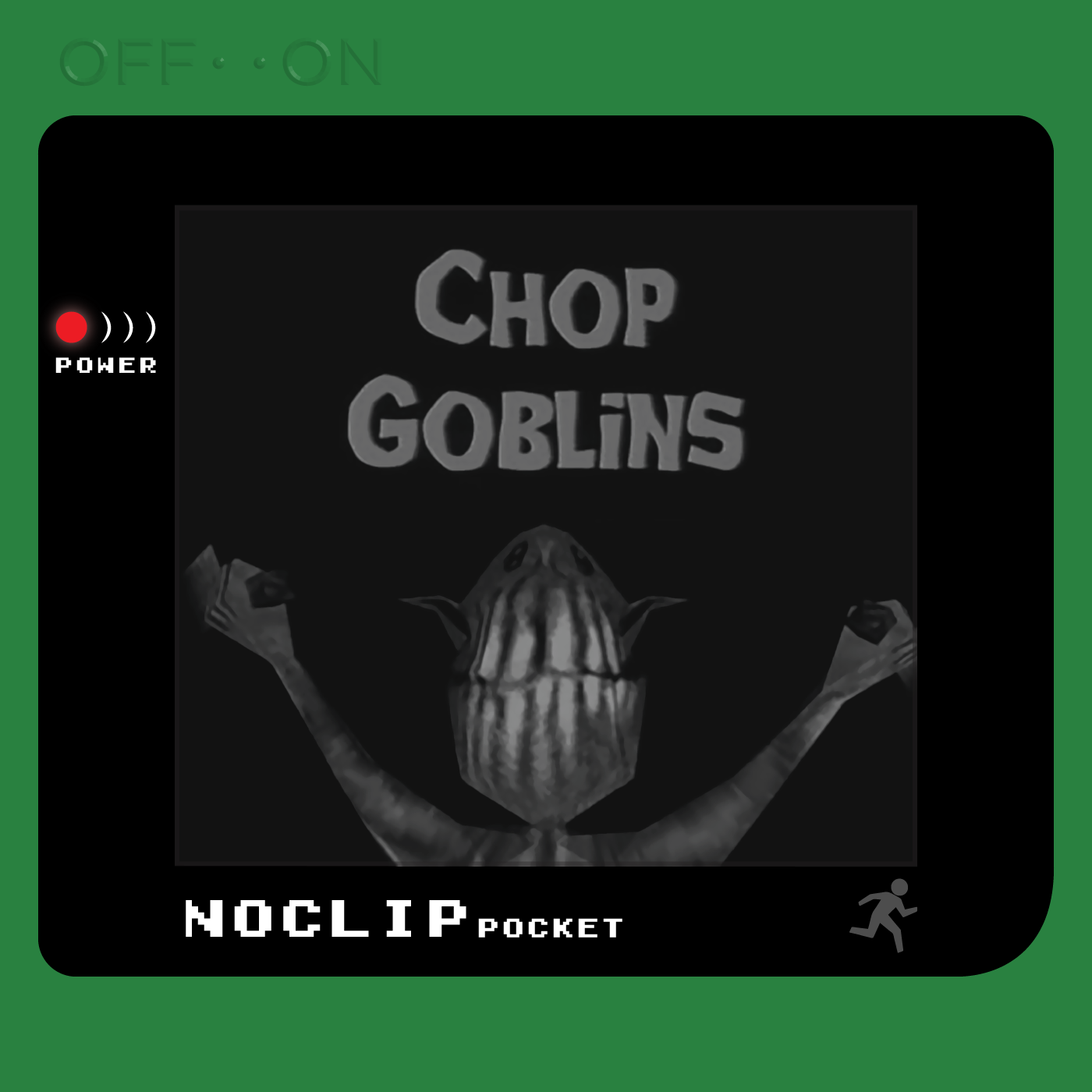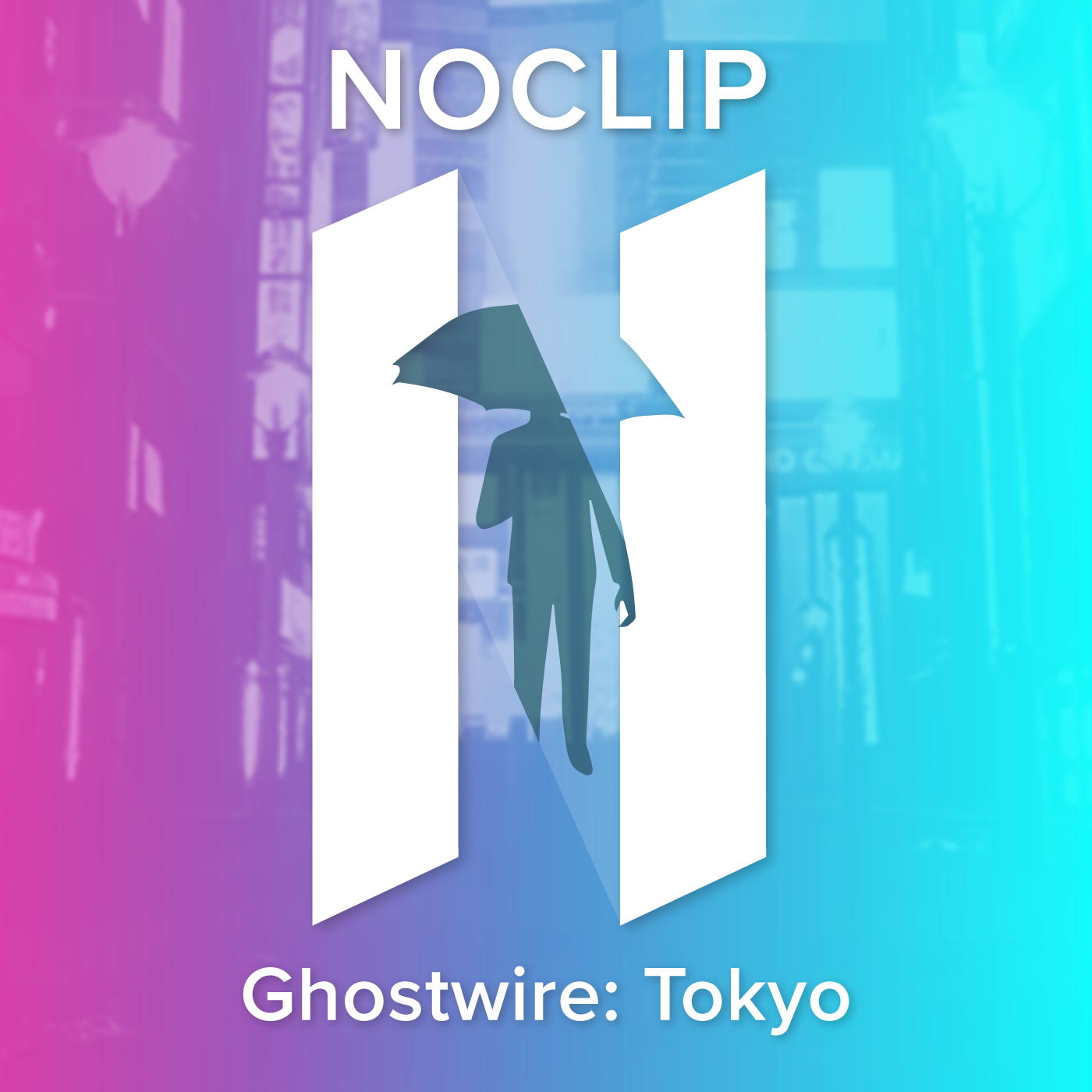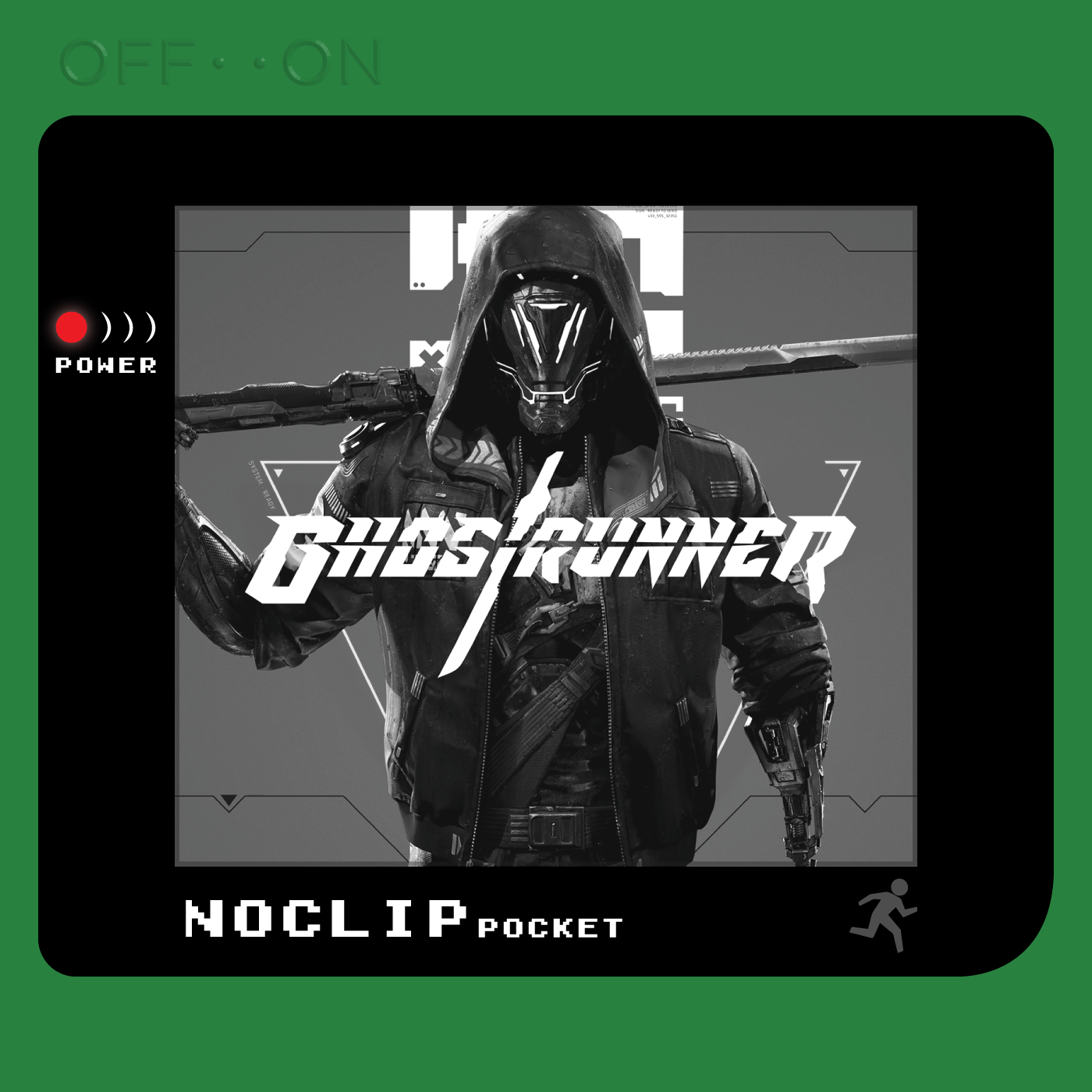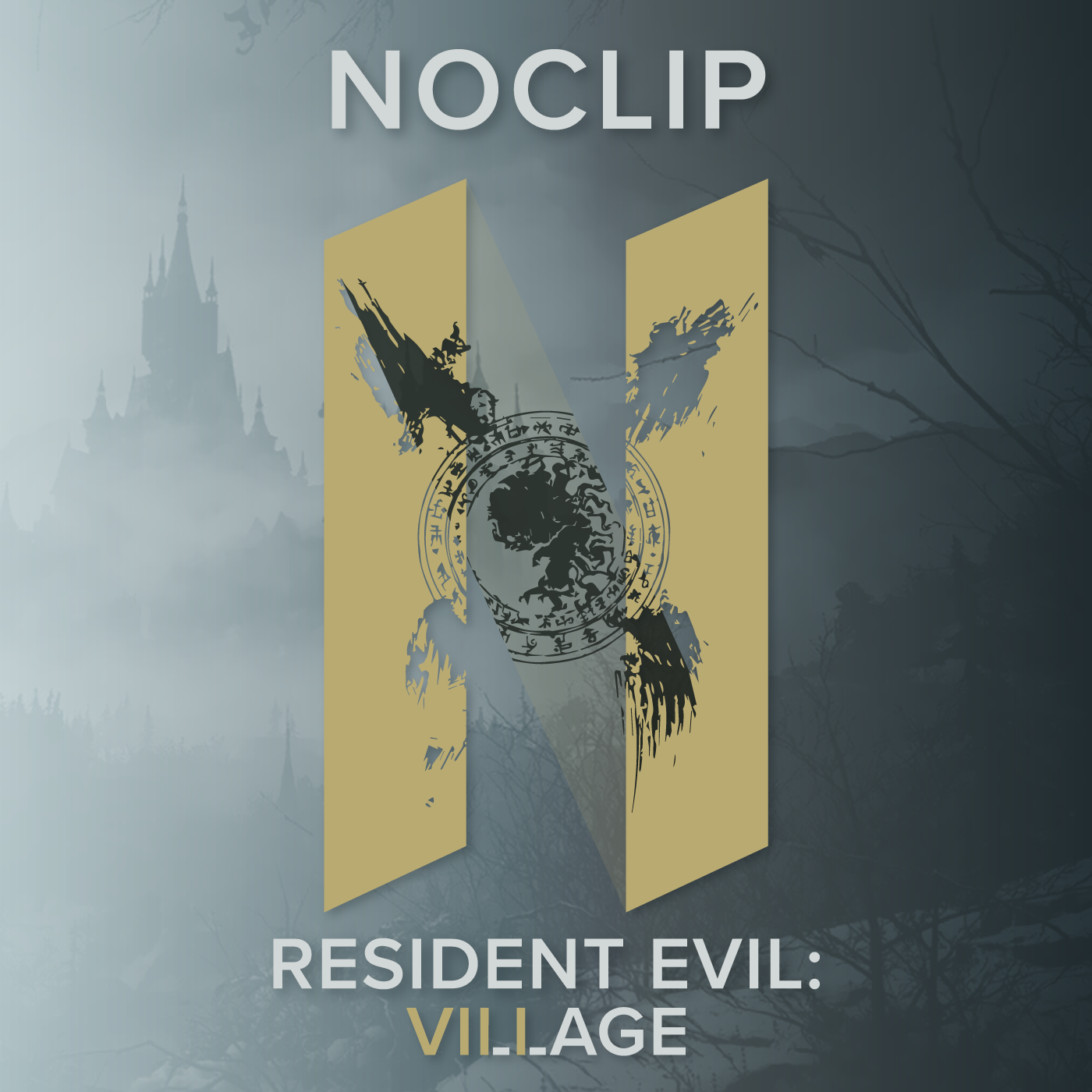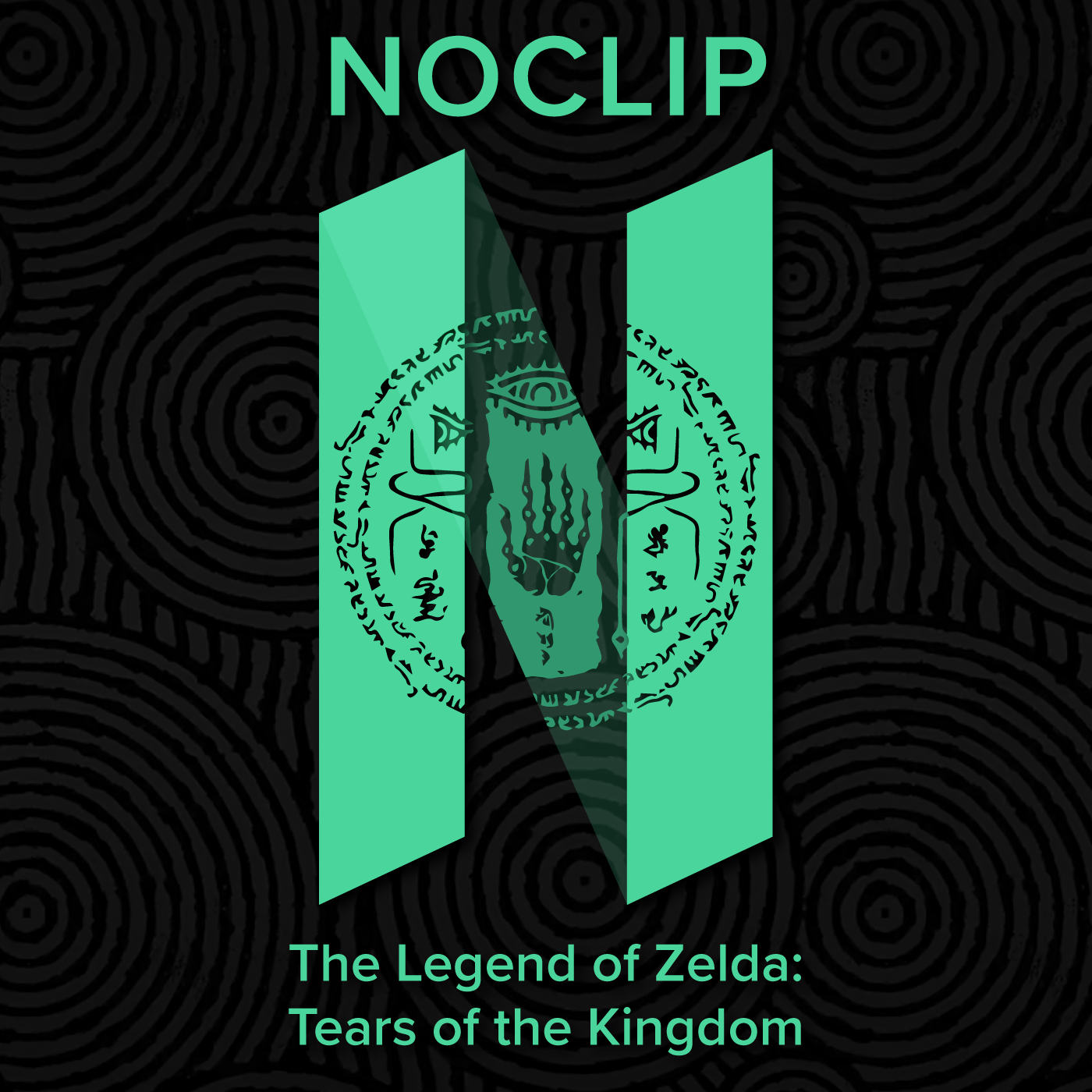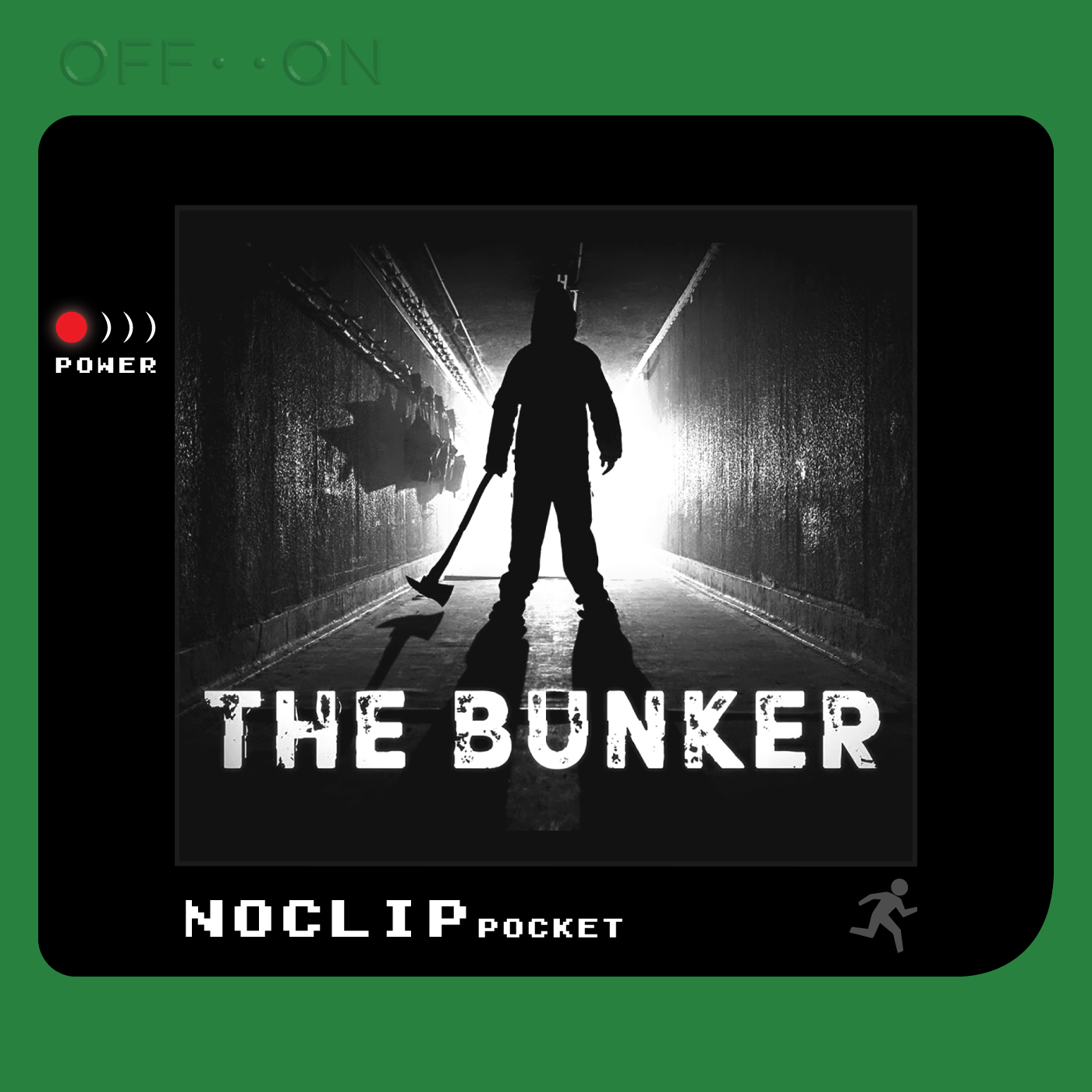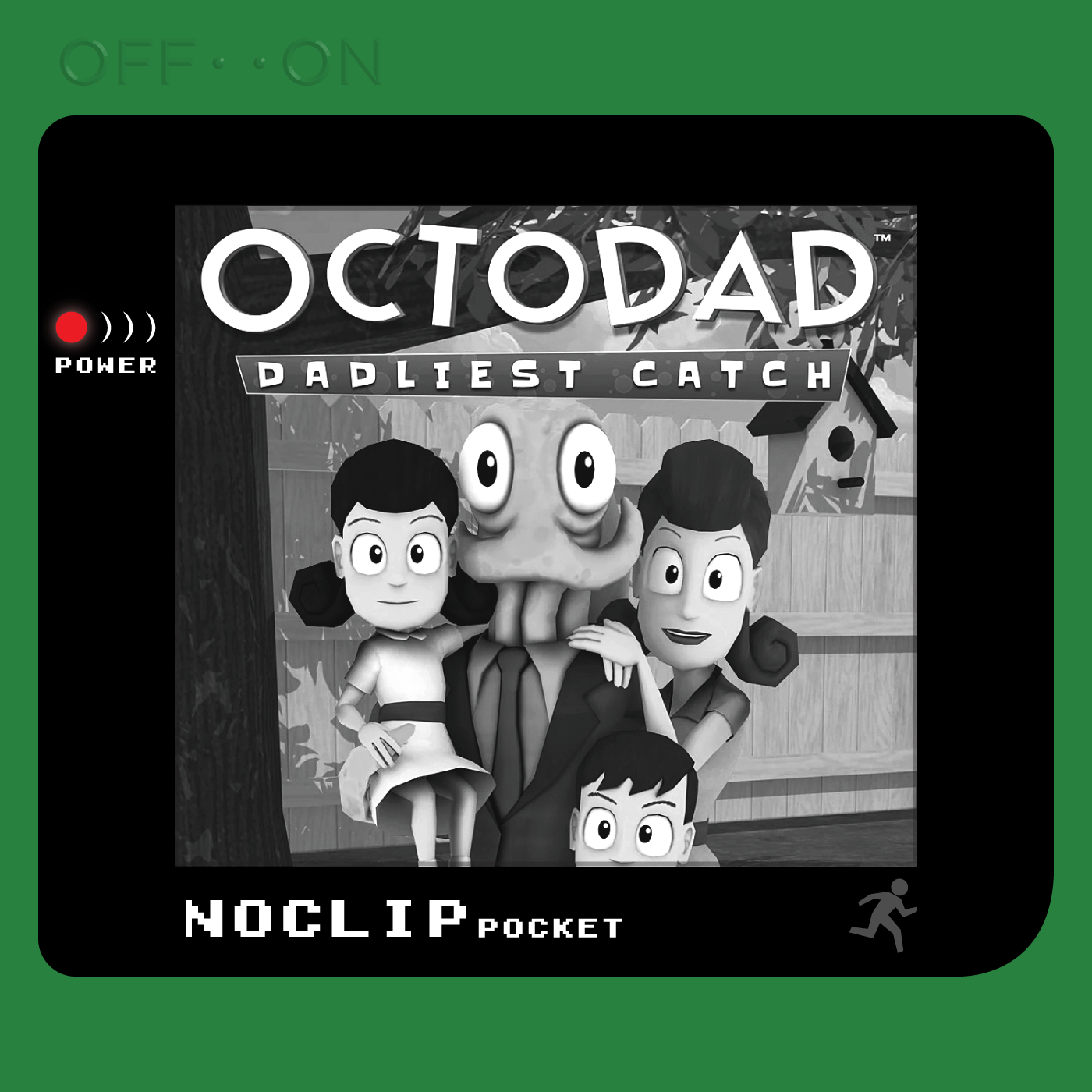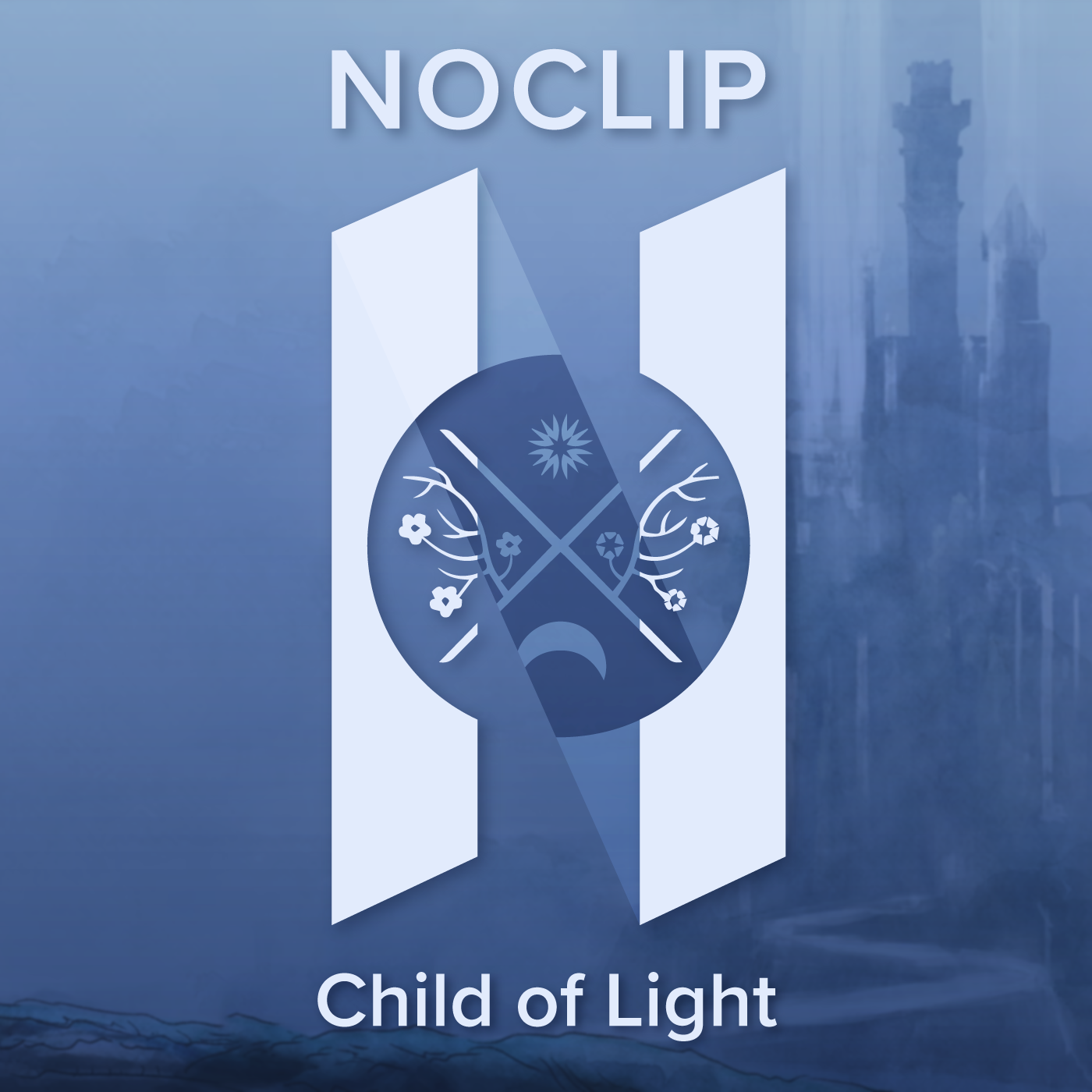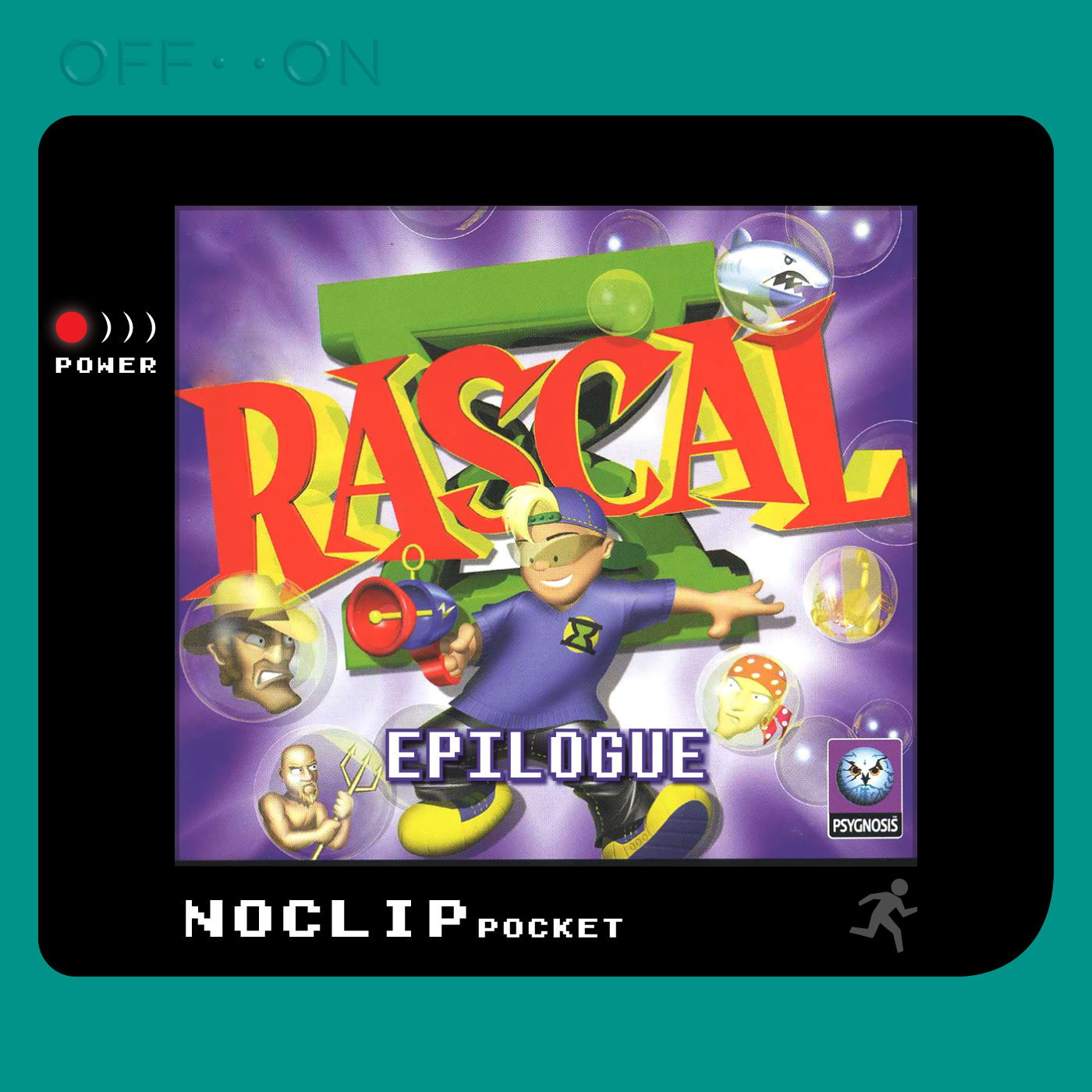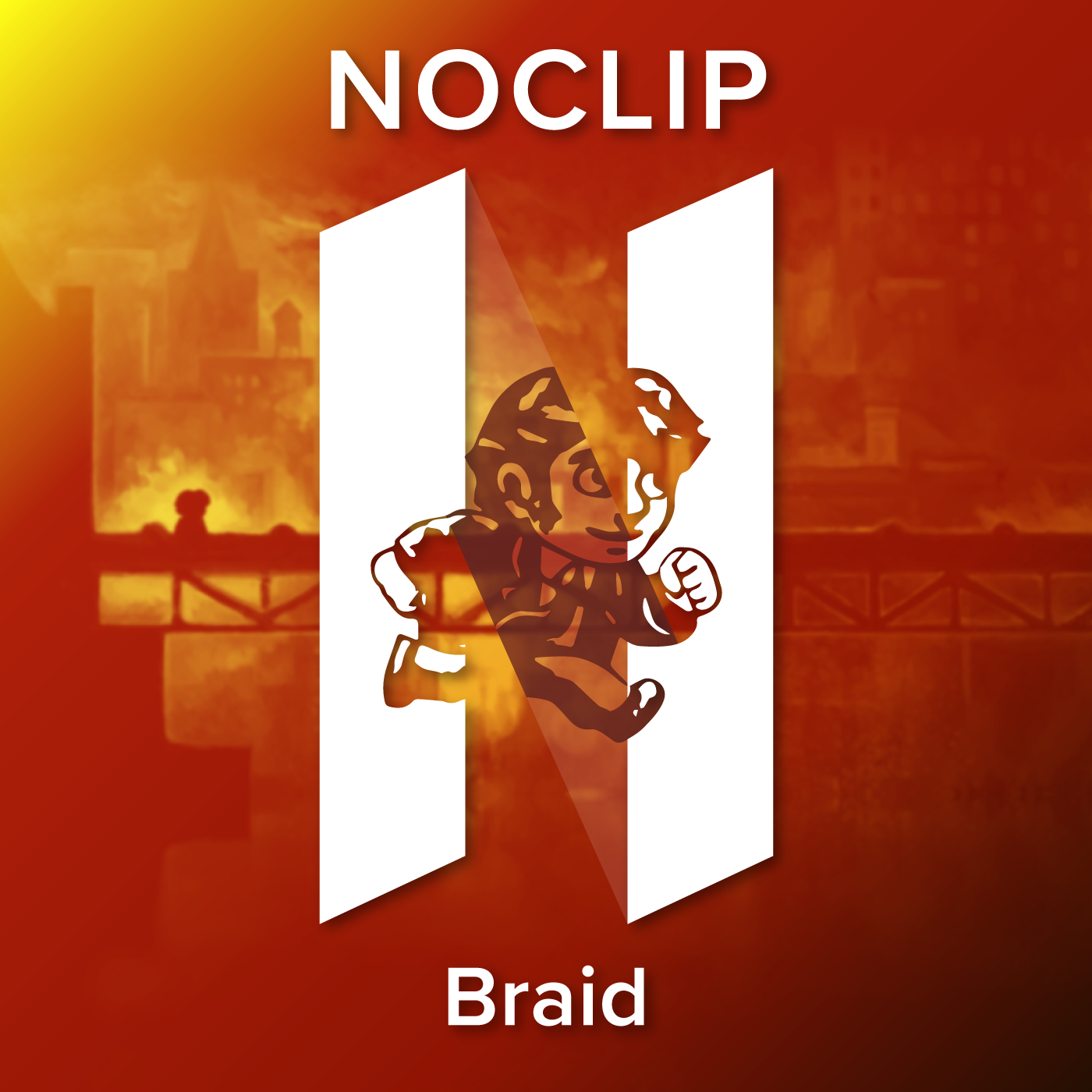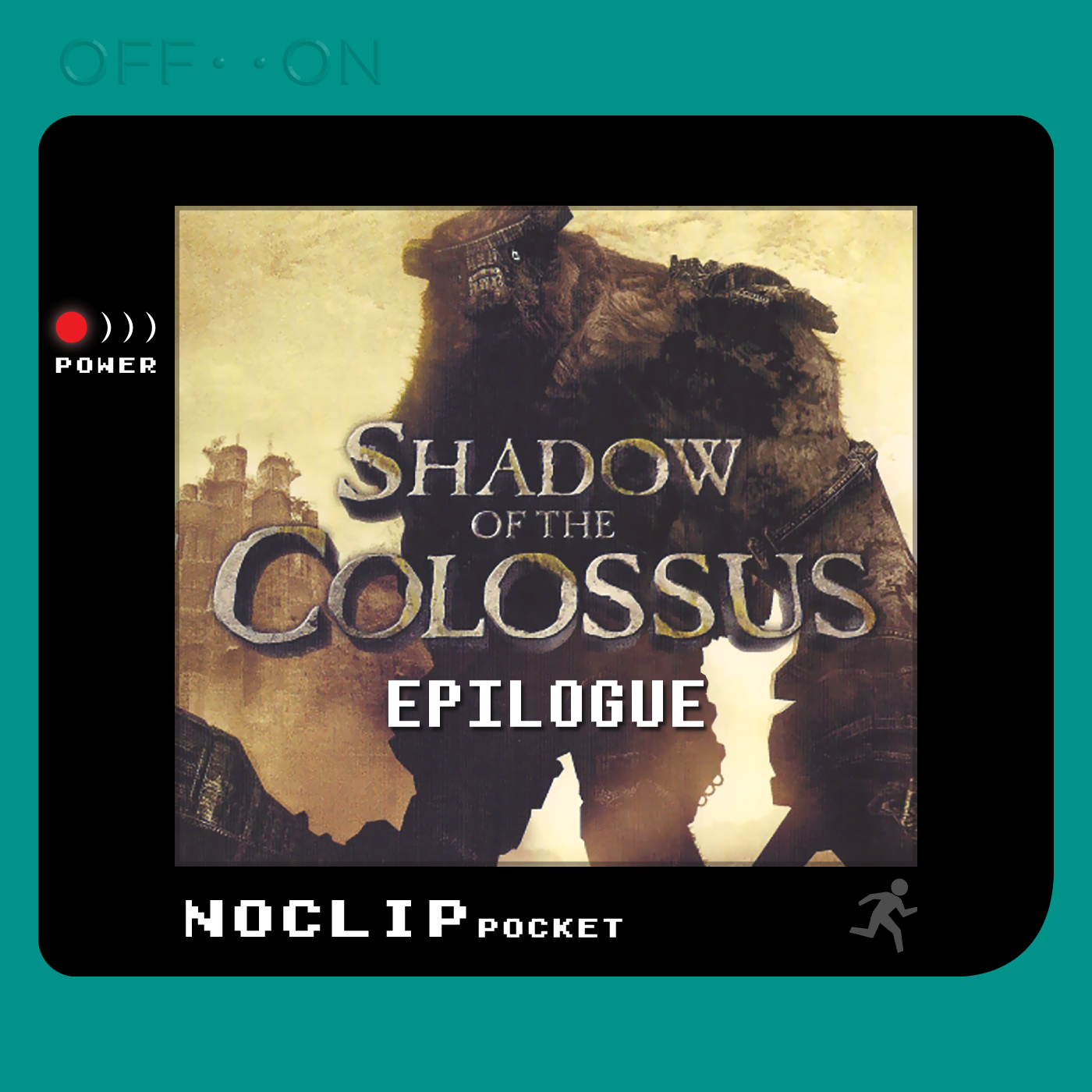I’m sorry. I couldn’t keep my podcast.
Welcome to Halloween! Our favorite month of year for being our birthday month, it’s also time for us to play just so many, many horror games, starting today with Signalis. Signalis is an indie survival horror game, set in a dystopian sci-fi world in which you play as a “Replika,” a robotic servant, assigned to a pilot of a spacecraft. When laid out like that, a lot about the game’s setting and plot don’t really seem that remarkable. It’s part of the reason I think it’s pretty difficult to really “spoil” this game in the traditional sense, because Signalis is much more of a tone piece than it is a straightforward narrative experience. Yes it has a plot, one that has development and changes and satisfies in its own ways, but the visuals, the cutscenes, the sound, all play into what really makes this game special, in that it creates this eerie, uneasy sense of not really knowing what is and isn’t real. And the other thing that makes this game special is just how well it manages to pull off the classic survival horror style. Limited inventory spaces, enemies that reanimate if you haven’t burned them and specific save rooms are likely pretty familiar to you at this point, but it hasn’t been done this well in a long time. The game isn’t exceptionally difficult, per se, but that classic Resident Evil feeling is definitely there, as you make progress through zones you need to plan routes through as you begin to memorize them, solving puzzles and making tactical decisions about which enemies to kill and which to run away from. It really hits both of its points of focus dead on and is a horror experience I’d recommend to nearly anyone. We’re going to be talking about the game’s clear inspirations and what it does to mimic or improve on their systems, the plot of the game and how it gives you enough to make a certain type of person really want to engage further with it, and we put our belief in the eternal universality of waifus.
Thank you for joining us again this week! We know our output has been somewhat diminished recently, but we will get through four horror titles this year even if we need to leak into November a bit. Signalis came pretty highly recommended from a number of people, so it’s good to see y’all have good taste (please save some of that for Fanbruary!). If you haven’t played Signalis yet, I do highly recommend, it’s a perfect game to get in the mood for the season, likely more so than the other games we’ve got coming up this month, so get on it and let us know what you think down in the comments or over in our Discord, which is actually where our next Pocket game is coming from. Next time, we’re going to be talking about Midnight Manor, so we hope you’ll join us then.


